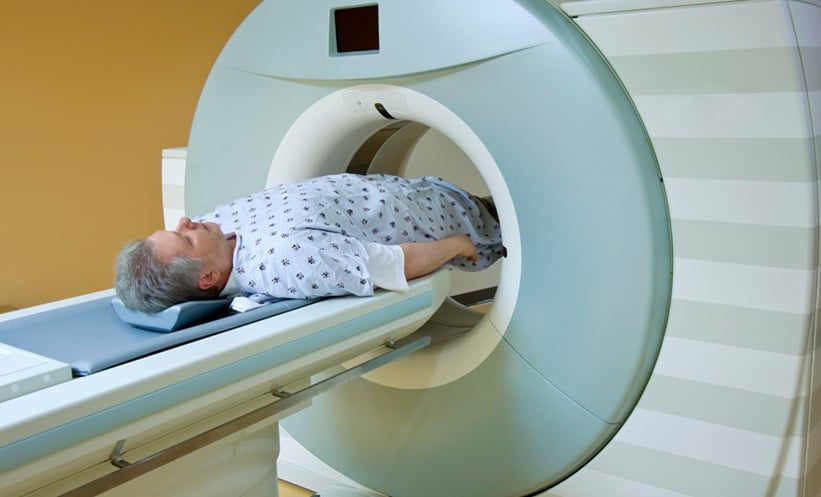AI is increasingly being adopted in medical imaging, but questions remain about its reliability in sensitive diagnostic contexts. A recent three-centre retrospective study set out to determine whether deep learning (DL)-based assessment of image quality (IQ) in T2-weighted prostate MRI scans might be biased by the presence of clinically significant prostate cancer (csPCa).
In the study, five abdominal radiologists first reviewed 2,105 transverse T2-weighted image (T2WI) series, categorising them into four levels of quality: optimal, mild, moderate, and severe degradation. Using 1,719 of these series, the researchers developed a DL-based IQ classification model. Its performance was then tested against radiologists’ judgements on the remaining 386 series, where it showed moderate agreement, with a quadratic weighted kappa of 0.53.
The model was subsequently applied to 11,723 examinations in men who had no documented diagnosis of prostate cancer at the time of MRI, with an average patient age of 65.5 years. Scans categorised by the model as having mild to severe quality degradation were grouped as target cases, while those judged optimal were used to build matched control groups. The controls were matched to account for confounding factors such as age and prostate-specific antigen levels, ensuring a fair comparison.
Findings revealed that the mild and moderate IQ-degraded groups showed significantly higher rates of csPCa than their matched controls. For the moderate group, 26.3% of patients were diagnosed with csPCa compared with 22.7% in the optimal group, a statistically significant difference of 3.6%. Similarly, the mild group showed a csPCa rate of 22.9% versus 20.2% in controls, a 2.7% difference.
The results suggest that DL-based assessments of MRI quality may be influenced by the presence of csPCa, raising concerns about potential bias in clinical applications. Careful consideration will therefore be needed before relying on such tools in diagnostic decision-making.
Reference
Nakai H et al. Bias in deep learning-based image quality assessments of T2-weighted imaging in prostate MRI. Abdom Radiol (NY). 2025;DOI:10.1007/s00261-025-05163-9.








